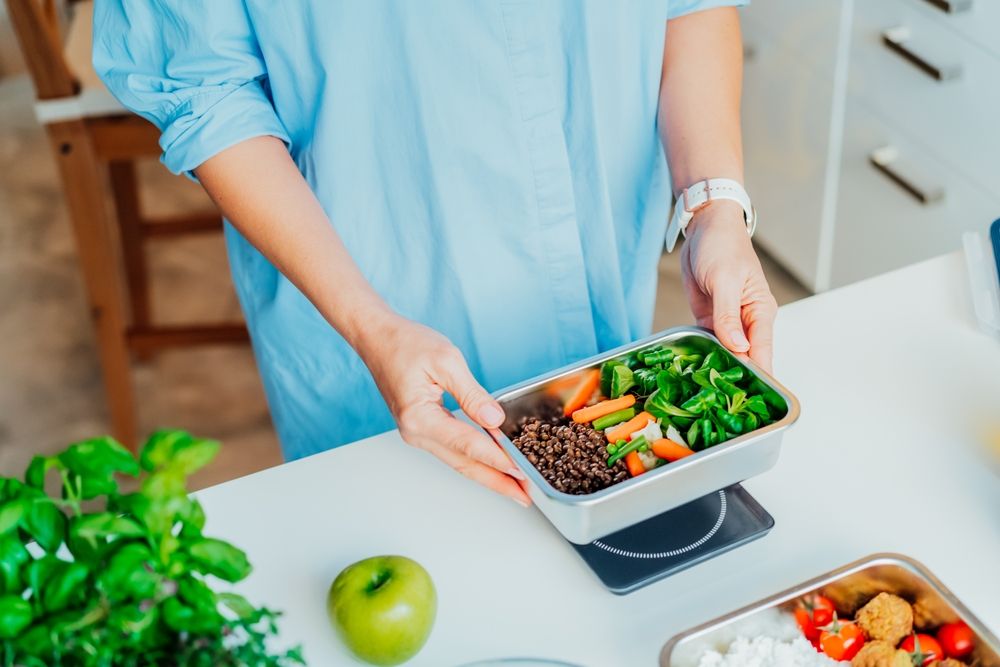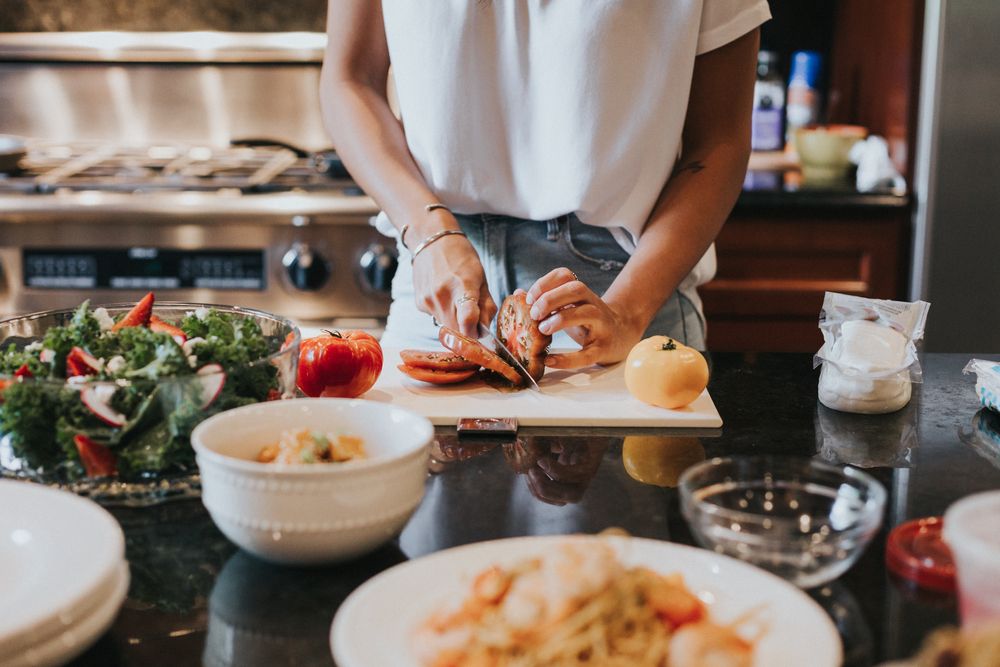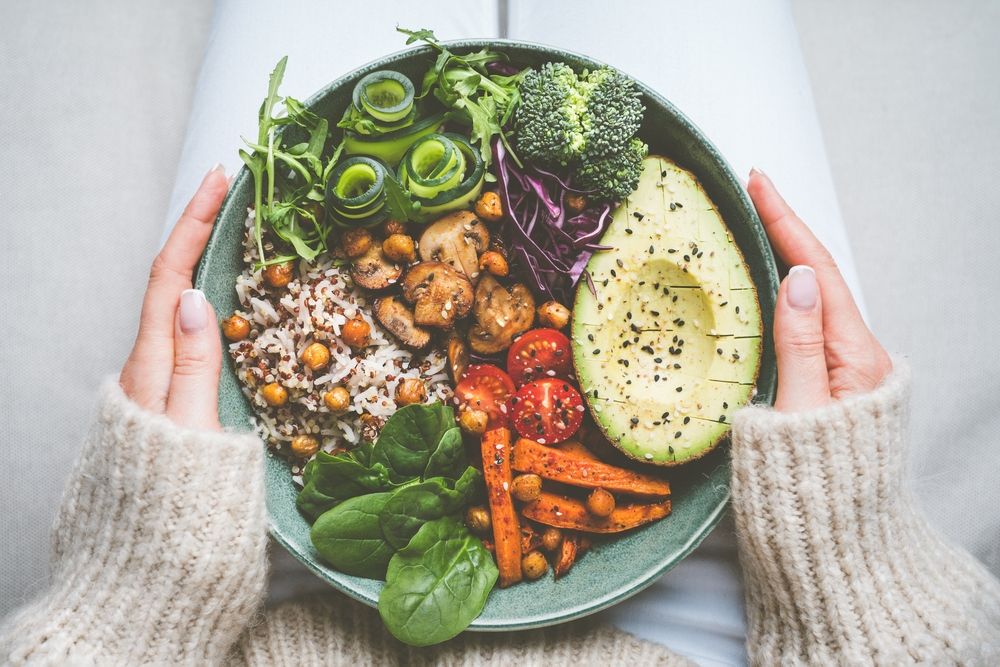
Finding the ideal number of calories to consume at dinner can significantly impact your weight-loss journey. If dinner is typically your largest meal of the day, with higher calorie content, it could hinder your progress. However, beyond just calories, it’s important to consider what you’re eating and how much. We spoke with a registered dietitian who shared insights on how to determine the right number of calories for dinner to support your weight-loss goals. This way, you can enjoy a flavorful, nutrient-rich meal without compromising your efforts.
"Weight loss can be difficult, especially with the overwhelming and sometimes conflicting information out there. Ultimately, it boils down to what and how we eat each day," says Destini Moodi, RD, CSSD, LD, a registered dietitian specializing in sports performance, body composition changes, and injury recovery with Top Nutrition Coaching. "Dinner is often the most challenging meal because it’s the end of the day—we’re tired, we want something everyone will enjoy, and we want it to support our weight-loss goals. While this might seem overwhelming, it doesn’t have to be."
How Many Calories Should You Eat at Dinner To Lose Weight?

To determine your dinnertime calorie goal, you first need to calculate your total daily calorie goal. Using an online calorie calculator is an excellent way to establish your baseline.
"The more detailed the questions, the better the calculator can estimate the calories you need to reach your goals," says Moody. "Once you have this number, divide it by three to find the calorie target for each of your three main meals. For example, if your goal is 1,500 calories per day, each meal should provide about 500 calories."
For weight loss, it’s important to spread your calories evenly throughout the day. This helps ensure you can burn them off through exercise and physical activity. If you save a large portion for dinner, there may not be enough time to burn those calories before bed.
"Once you've determined your calorie target for each meal, you can plan accordingly," Moody advises. "Dinner can still feature your favorite family meals, but portion control becomes essential to stay within your caloric limit."
Tips to Help You Meet Your Calorie Goals at Dinner:

- Keep a food diary to track calorie counts.
- Use a scale and measuring tools to ensure correct portion sizes.
- Enjoy vegetables and lean proteins for your meal's base, as "these are the least amount of calories," Moody says.
- Be cautious with toppings and sauces, which are typically packed with excess calories.
"Dinner doesn’t have to be restricted to just chicken and broccoli, although that's a great starting point," says Moody. "You can still lose weight by knowing your total daily calorie goal, dividing it into three, and sticking to that amount for dinner. Enjoy your family's favorite recipes, but be mindful of portion sizes. Dinner can be both satisfying and supportive of your health and weight-loss goals."

